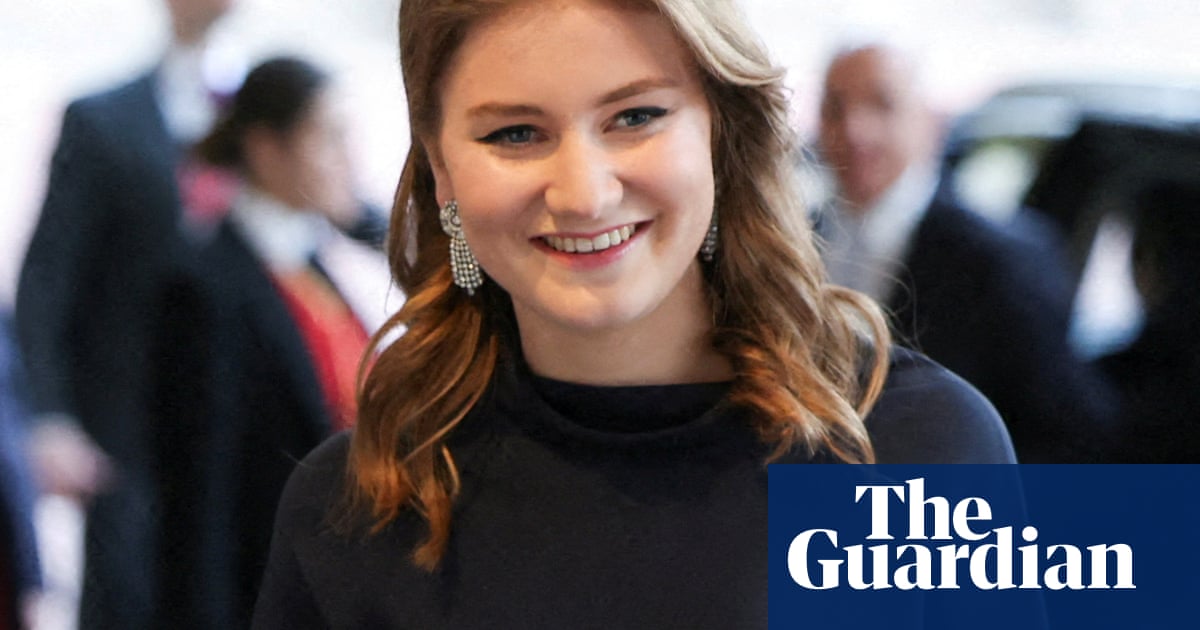The article sheds light on a significant issue that intertwines royal status and political policies, particularly focusing on the implications of a foreign student ban enacted by the Trump administration. The situation surrounding Princess Elisabeth, the future queen of Belgium, raises questions not only about her education but also about the wider impact of such policies on international students.
Political Context and Implications
The ban on foreign students at Harvard, which is now affecting thousands, is described as illegal by the institution and seen as a retaliatory measure. This context paints a picture of a politically charged environment where decisions made at the highest levels can have direct consequences on individuals, including prominent figures like Princess Elisabeth. The article subtly underscores the precarious nature of international education amidst fluctuating political landscapes, which could lead to broader ramifications for diplomatic relations and cultural exchange.
Public Perception and Royal Image
The presence of a royal figure in this situation may evoke sympathy and concern from the public. The article likely aims to highlight the fragility of even the most privileged individuals in the face of governmental decisions. By focusing on a princess, it can evoke a sense of urgency and emotional investment in the issue, potentially swaying public opinion against the student ban.
Potential Concealed Issues
While the article primarily discusses the implications for Princess Elisabeth, there may be underlying issues related to the rights and experiences of other international students affected by the ban. By centering the narrative on a royal figure, the plight of average students might be overshadowed. This focus can create a narrative that is more palatable to the public, potentially diverting attention away from broader systemic issues.
Manipulative Elements
The choice of language and framing in the article suggests an intention to elicit a specific emotional response from readers. By emphasizing the consequences for a future queen, the narrative implicitly argues that the ban is unjust, not just in a general sense but in the stark contrast of its impact on a royal figure. This could be seen as a form of manipulation, as it leverages the princess's status to amplify the perceived severity of the policy.
Comparative Analysis
When compared to other news stories discussing immigration and education, this piece stands out due to its unique focus on a royal individual. This distinction may resonate more with certain demographics, particularly those interested in monarchy or international relations. The juxtaposition of elite education with political barriers may also draw attention to issues of privilege and accessibility in academia.
Societal Impact
The article could stimulate discussions on the implications of such bans for international relations and educational policies. It may also lead to increased advocacy for the rights of foreign students and a reevaluation of the policies that govern their educational opportunities. Additionally, the emotional weight of the story could foster a sense of solidarity among those affected by similar regulations.
Demographics and Support
This narrative may attract support from individuals and communities that value education and are concerned about the implications of restrictive immigration policies. It could resonate particularly with younger audiences, international students, and advocates for educational reforms.
Economic and Market Influence
In terms of market implications, the news regarding educational access and international relations can influence sectors tied to education, immigration, and international business. Companies that rely on international talent may see fluctuations based on the public and political response to such policies.
Global Power Dynamics
This story touches on global power dynamics, particularly the relationship between the U.S. and other nations through the lens of education. In the current geopolitical climate, where international relations are increasingly strained, such news reinforces the importance of educational diplomacy and the potential repercussions of isolationist policies.
Use of Artificial Intelligence
There is no direct evidence to suggest that artificial intelligence was used in crafting this article, but potential AI tools could have been employed in the initial stages of information gathering or analysis. The narrative structure and phrasing may reflect standard journalistic practices rather than AI intervention.
In conclusion, the article presents a compelling case that intertwines royal status with pressing societal issues, ultimately shedding light on the complexities of educational access amid changing political landscapes. It invites readers to consider both the personal and broader implications of such policies. Given the framing and emotional resonance, the reliability of the article is high, though it may carry an underlying agenda to evoke sympathy and concern regarding immigration policies.
